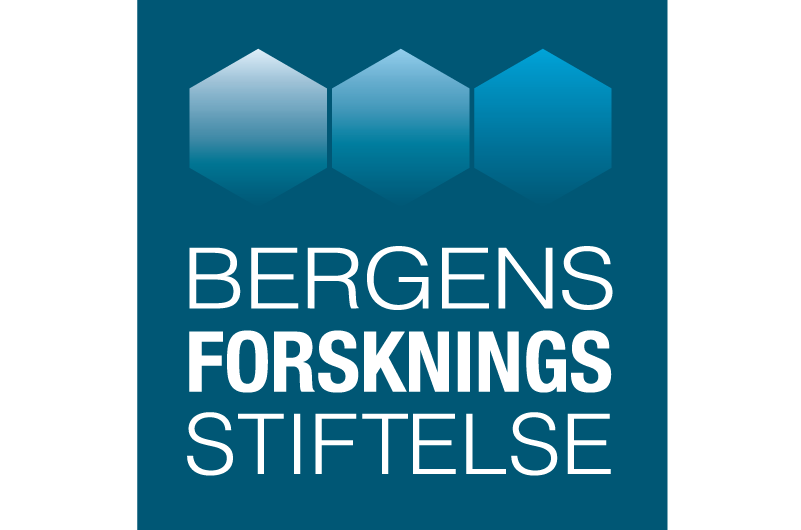NNP’s users: Torgils Fossen, UiB
Profile, research areas and collaborations
Torgils Fossen is from Bergen and works as a Professor at the Department of Chemistry at UiB. He develops his research within the group of Natural Products Chemistry and Pharmacognosy.
He started using NMR in 1994 to confirm the structure of new natural products, such as anthocyanins and other flavonoids. He worked as a post-doc (2001-2002) at the NMR research group at GBF Braunschweig (currently the Helmholz Institutt für Infektionsforschung). His works focused on confirmation of HIV-1 and influenza virus proteins. His current focus is on new complex bioactive natural products. In particular, the structure and interactions of viral proteins (mainly HIV-1, pandemic influenza and cytomegalovirus) aiming to develop new antiviral therapy.
International collaboration is a key element in his research group. They collaborate among others with Professor Ulrich Schubert and his colleagues, Professor Manfred Marschall and Professor Thomas Stamminger at the Institutt für Klinische und Molekulare Virologie at Friedrich Alexander Universität Erlangen-Nürnberg. Regarding complex bioactive natural products, his research collaborations are mainly based on Sweden and Madagascar. Most of the projects are international collaborations, but he is also active on his local collaborations at UiB. The last years were especially relevant, with fruitful collaborations with Professor Anni Vedeler (Department of Biomedice at UiB), Professor Bengt Erik Haug (group of Medicinal Chemistry at the Department of Chemistry, and Center for Pharmaceuticals), and Professor Lars Herfindal (Department of Pharmacology, Center for Pharmaceuticals). They published in 2014 the first new marine natural products which structure has been confirmed at UiB.
How does NNP contribute to your research?
- NNP, and particularly 850 MHz NMR, gives us clearly improved possibilities to confirm structures and interactions of viral proteins at atomic resolutions. In addition, our work within characterization of complex bioactive natural products is getting enrich after performing studies with 850 MHz NMR, since this spectrometer gives us plenty of data with higher resolution and sensitivity than the other instruments available in Norway.
- Even though NNP was recently launched, the instrumentation is working stable and it is easily available for us. With no doubt, NNP will be important for our current and future research. Now we look forward to test the remote control features of the spectrometer in the near future.
More information: Bui et al.,J. Nat. Prod., 2014, 77 (6), pp 1287–1296
Tags: NMR




